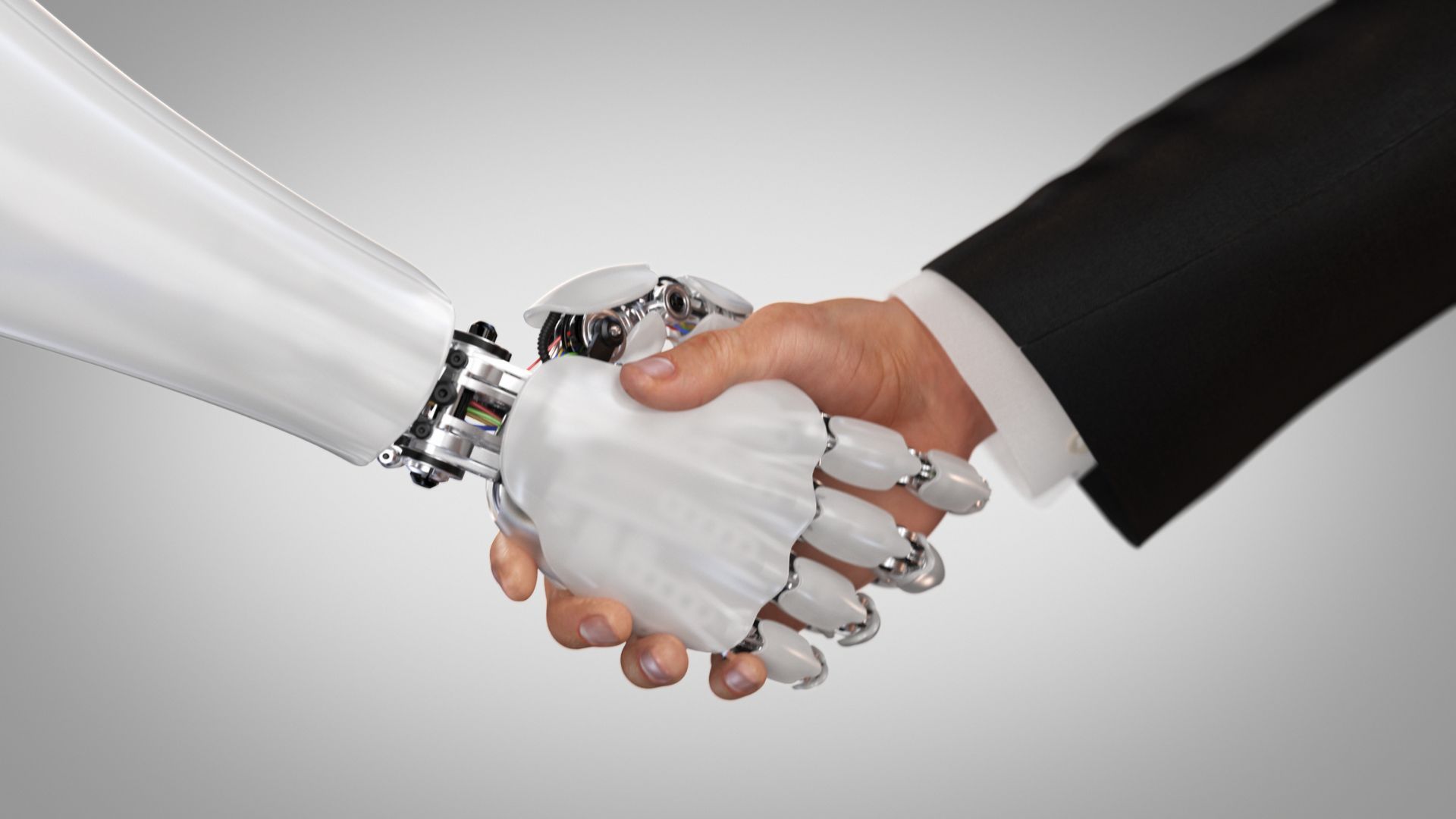The Changing Dynamics of Workplace Flexibility and Remote Work in 2024
Liz Punshon • September 24, 2024

The Changing Dynamics of Workplace Flexibility and Remote Work in 2024
Workplace dynamics have been shifting dramatically over the past few years, with flexibility and remote working options becoming more prevalent. According to recent data, over 40% of professionals now work remotely, and hybrid work models are becoming the norm for many industries. This trend, accelerated by the global pandemic, has transformed how businesses operate, with an emphasis on employee well-being and the right to disconnect from work during off-hours.
However, the challenge of balancing productivity with flexibility remains a crucial issue. In 2023, the debate around "right to disconnect" laws gained traction globally, with countries such as France and Ireland already leading the way in protecting employees' time outside of work. Australia's recent steps toward similar legislation highlight the growing concern for employee mental health and well-being. These laws aim to protect workers from the expectation of being always available, creating a healthier work-life balance.
As we progress through 2024, many businesses are focusing on adopting these practices to not only enhance productivity but also to reduce burnout and retain talent. It’s clear that flexible working arrangements are no longer a temporary solution but a permanent shift in the way we work. So how do companies ensure that they implement these changes effectively while supporting their teams?
“It’s all about striking a balance. Flexibility doesn’t mean a lack of structure—it means providing a framework where employees can thrive.”
During a recent Australia Market Update, Liz Punshon, Victoria Director at People2People Recruitment, led an engaging discussion on the significance of workplace flexibility and shared insights on how the right practices can lead to a more productive workforce.
Liz started by emphasizing the importance of clarity and communication, particularly when it comes to remote work. “It’s essential for companies to set clear expectations for their teams,” she noted, adding that ambiguity can lead to stress and confusion. This becomes particularly relevant in the context of the "right to disconnect," where employers must be mindful of respecting their employees' boundaries outside of work hours.
Liz highlighted the value of employee autonomy. “Empowering your team with the ability to manage their time effectively can actually increase productivity,” she said. She explained that when workers feel trusted and are given the flexibility to manage their own schedules, they tend to be more engaged and motivated. “It’s all about striking a balance. Flexibility doesn’t mean a lack of structure—it means providing a framework where employees can thrive,” she elaborated.
Creating a supportive environment goes beyond just offering flexible hours. It’s about fostering an inclusive culture where employees feel heard and understood. Liz pointed out, “When employees know that their well-being is a priority, it creates a stronger sense of loyalty to the company.” This can be particularly valuable in industries like recruitment, where retention and employee satisfaction are key to long-term success.
The conversation also touched on the importance of setting boundaries to prevent burnout. Liz recalled a time when she felt overwhelmed by the constant need to be available. “I learned the hard way that always being ‘on’ isn’t sustainable,” she admitted. Now, she actively encourages her team to disconnect after work hours and respect their personal time, reinforcing the idea that rest is critical for sustained performance.
Implementing Workplace Flexibility: Practical Tips
For businesses aiming to implement flexible working arrangements effectively, there are a few key strategies to consider. First, it’s important to establish clear communication channels. Ensure that employees know when they are expected to be online and when they can truly switch off. This can help prevent any misunderstandings about availability and reduce the risk of burnout.
Another essential component is offering support and resources for time management. Providing tools that help employees organize their workloads and track their tasks can enhance both productivity and job satisfaction. Additionally, offering training on how to manage work-life balance can equip teams with the skills they need to succeed in a flexible environment.
Lastly, businesses must prioritise inclusivity in their flexible working policies. Different employees may have different needs—whether that’s parents needing to adjust their schedules around childcare or individuals who work better outside of traditional hours. Offering a range of flexible options ensures that all employees can find a setup that works for them, fostering a more diverse and engaged workforce.
Find the job you love I Find the right talent
Get in touch with people2people
Australia I United Kingdom
As a white-collar recruitment agency, people2people specialises in accounting and finance, business support, education, executive, government, HR, legal, marketing and digital, property, sales, supply chain, and technology sectors. As the proud recipients of the 2024 RCSA Outstanding Large Agency Award and Excellence in Candidate Care Award, we are dedicated to helping businesses achieve success through a people-first approach.
Find the job you love I Find the right talent
Get in touch with people2people
Australia
I
United Kingdom
In business since 2002 in Australia, NZ, and the United Kingdom, people2people is an award-winning recruitment agency with people at our heart. With over 12 offices, we specialise in accounting and finance, business support, education, executive, government, HR, legal, marketing and digital, property, sales, supply chain, and technology sectors. As the proud recipients of the 2024 Outstanding Large Agency and Excellence in Candidate Care Awards, we are dedicated to helping businesses achieve success through a people-first approach.






